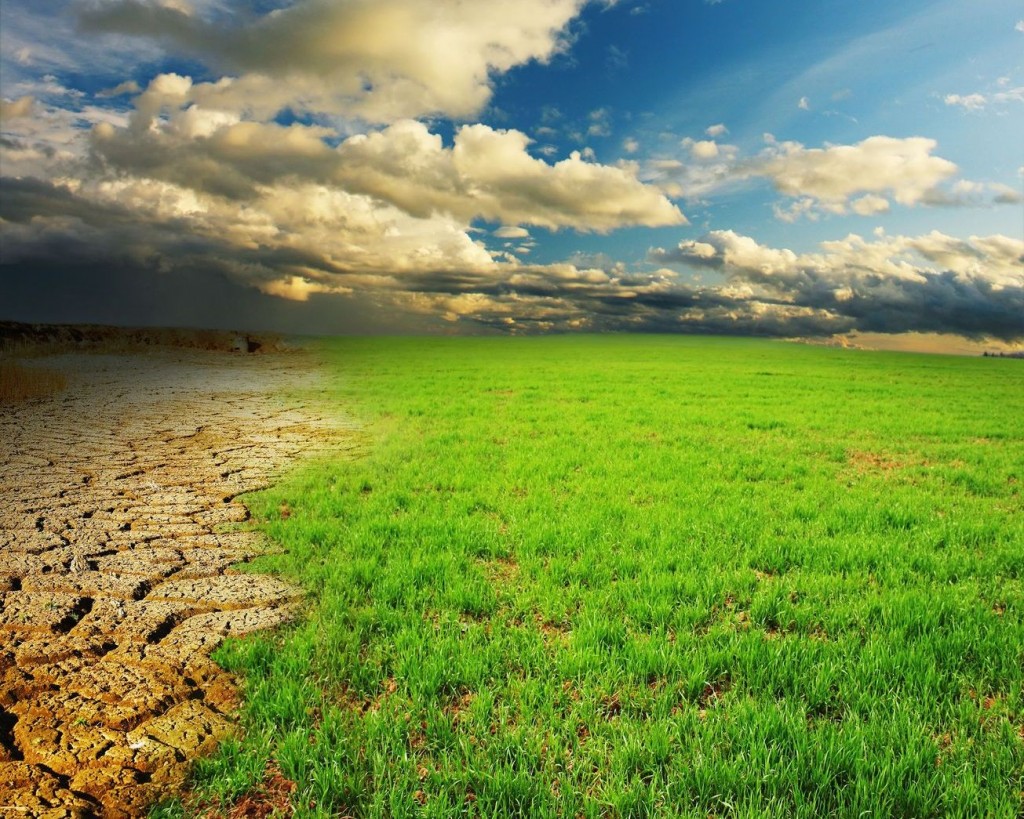When catastrophe strikes, no one likes to feel as if the blame rests on their shoulders- not the people who experience the catastrophe firsthand, nor the people who could have ostensibly taken steps to prevent it in the first place. It’s no wonder that tensions ran high last weekend at the annual UN climate change conference in Warsaw. In the wake of Typhoon Haiyan, which devastated large areas of the Philippines and nearby nations, delegates from developing countries called for compensation from their more-developed counterparts to aid in relief efforts for survivors of calamities like Haiyan and to combat future climate change in developing nations. The reasoning behind their demand: developed nations lay claim to the lion’s share of historical pollution, meaning that they should foot the bill for the global disasters they’ve inevitably set into motion.
Call it cynicism, but it didn’t come as a surprise when more-developed nations failed to respond to this demand favorably, especially when, as US envoy on climate issues Todd D. Stearns frankly stated, “the fiscal reality of the United States and other developed nations is not going to allow it.”
The fact that, in the next decade, developing nations are projected to exceed the emissions output of the world’s developed nations combined isn’t quite beneficial to their case, either. Coupled with the ready admission by meteorologists that it is currently very difficult to link global warming and climate change to any one particular weather event (i.e. no smoking gun), it seems as if developing countries aren’t going to be cashing checks for huge amounts any time soon.
The finger-pointing that went on at this conference, while a waste of time and energy when faced with more pressing issues, brings up interesting ideas of responsibility on personal and generational levels. Whether or not the idea of global warming comes off as a hoax to you, the fact remains that the environment around us is changing. Rapidly rising sea levels, climbing temperatures, soil erosion, depletion of oxygen in the atmosphere – these are all indications of a shifting global climate in which we will have to learn to survive. It’s true that the millennial generation didn’t ask for this situation and wasn’t around to temper the industrialization that led the world to this particular state, but like a developing nation in the aftermath of a hurricane, we’re the ones who will be left to rebuild once the storm dissipates, and probably without help from others.
And just like the world’s developing nations in this moment, Generation Y has the option to continue down the path that’s laid out before it, clinging to destructive patterns and outdated modes of thinking, or it can go down a different path, one that leads to a sustainable future.
While it may seem daunting to change the minds of an entire generation, the first step involves taking personal responsibility for the role you play in climate change. Even if it’s just bringing a reusable mug to your favorite coffee joint on your way to work, recognizing the behaviors that you can change to reduce your carbon footprint is a decent first step on the road to global recovery. Like Gandhi said, be the change you wish to see in the world.
If you’re interested in contributing to the ongoing relief efforts for survivors of Typhoon Haiyan, consider checking out organizations like UNICEF or the Philippine Red Cross.

















